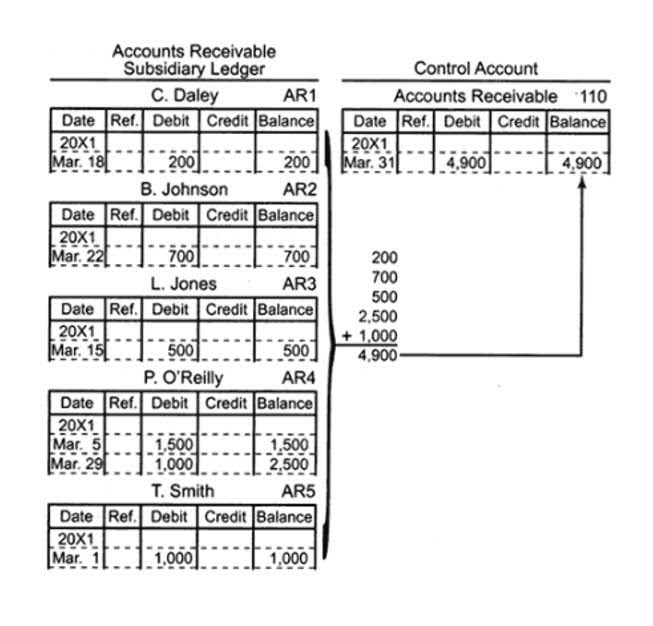Bookkeeper Job Description: Skills And Qualifications Forbes Advisor Canada

They must be able to work independently and as part of a team, and they must be able to communicate effectively with clients, vendors, and other stakeholders. Types of BookkeepersThere are various types of bookkeepers who specialize in specific areas based on the industry or the nature of the organization they work for. Become a Bookkeeper through bookkeeping and payroll services Penn Foster’s accredited online school. When it comes to the difference between a bookkeeper and an accountant, there’s a lot of crossover. Push Operations is driven by an automated platform that eliminates that potential for error. With the direct translation of data between systems, you don’t need to worry about something being incorrect.
Payroll Services

In September 2022, Payscale reported an average annual base salary of about $50,430 for full-charge bookkeepers. Bookkeeper salary levels vary by location, based on factors like local labor market conditions and local living costs. In these cases, employers may increase their pay rates to attract the best available candidates. Access Xero features for 30 days, then decide which plan best suits your business.
- Bookkeepers record daily transactions in a consistent, easy-to-read way.
- QuickBooks Online allows you to create invoices and either print them or email them to customers.
- On the other hand, HR professionals might not have the required skills to handle payroll accounting.
- QuickBooks can also remind you to order inventory automatically when quantities are low.
- Bookkeeping is the practice of organizing, classifying and maintaining a business’s financial records.
Manual Processing vs. Using a Service

Accountants use the records a bookkeeper provides and their own expertise to help build budgets, assess finances, and make business decisions. Accountants have higher education requirements and may have training in bookkeeping roles. It can be difficult to gauge the appropriate time to hire an accounting professional or bookkeeper ― or to determine if you need one at all. While many small businesses hire an accountant as a consultant, you have several options for handling financial tasks.
Exploring Bookkeepers’ Involvement in Day-to-Day Payroll Tasks
Payroll processing is the method you follow to pay employees at the end of a pay period. It’s a process that calculates total pay, determines how much is deducted and issues payments to employees, tax offices and benefits providers. Companies not using a payroll provider may have a dedicated payroll professional or human resources (HR) expert processing payroll. Accountants will review the information that the bookkeeper had entered into the general ledger, will prepare adjusting entries, will prepare the financial statements, and will analyze them. The accountant will also be involved in budgeting of operations and capital improvements, cost accounting, reports to government agencies, and various analyses required by management. Generally, the accountant will have a four-year or a five-year college degree with a major in accounting.
A bookkeeper is not an accountant, nor should they be considered an accountant. Here’s what you need to know about these two roles to determine which one your business needs. However, you want to at least include education, experience and licensing requirements in your job description.
- Kimberlee Leonard has 22 years of experience as a freelance writer.
- Taxfyle connects you to a licensed CPA or EA who can take time-consuming bookkeeping work off your hands.
- A bookkeeping course can teach you the basic knowledge you’ll need to prepare financial reports, organize data using tools like Microsoft Excel, or understand how to balance books.
- Payroll involves calculating employee pay, deducting things like tax and retirement contributions, then distributing money to all the right people by the right dates.
- Basic services could cost as little as $20 an hour while advanced services could be $100 or more an hour.
